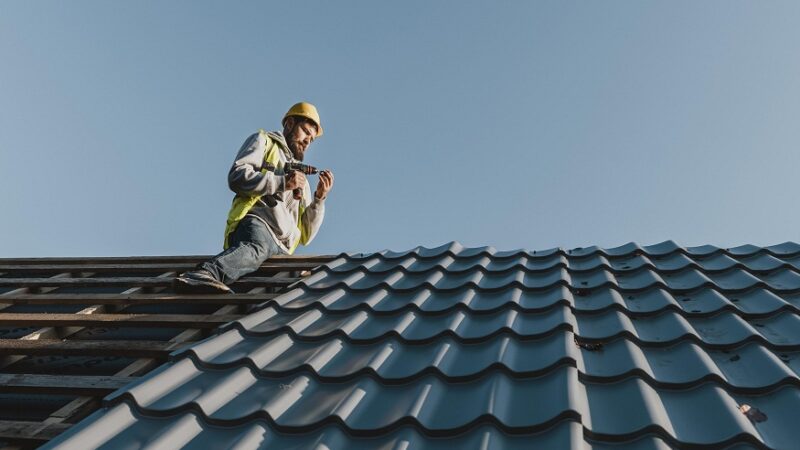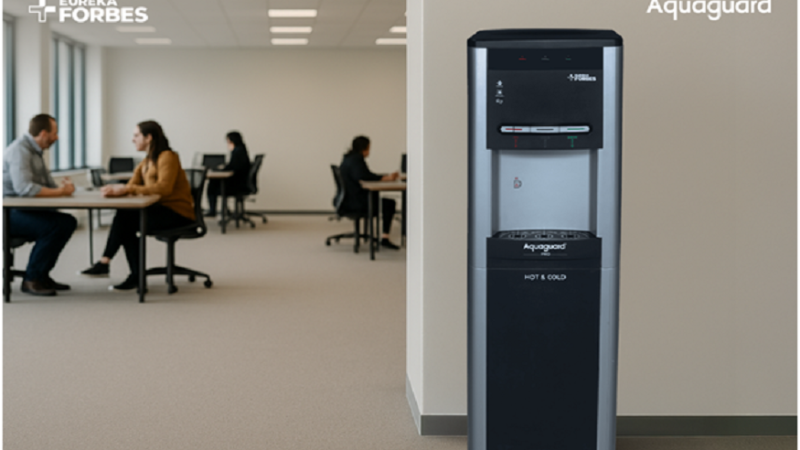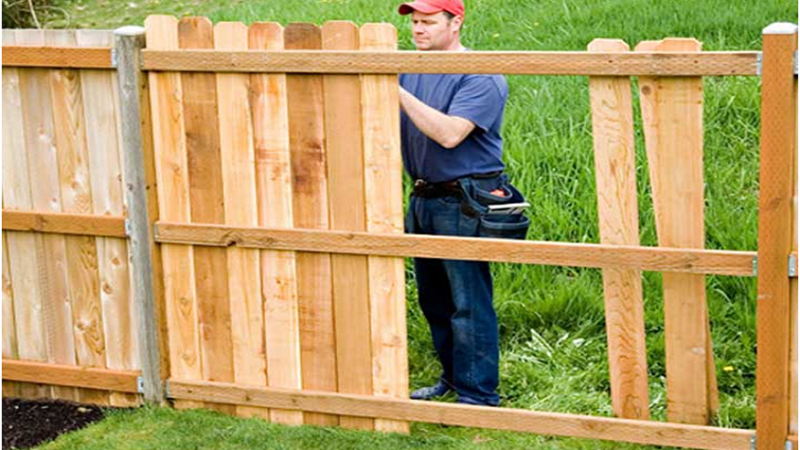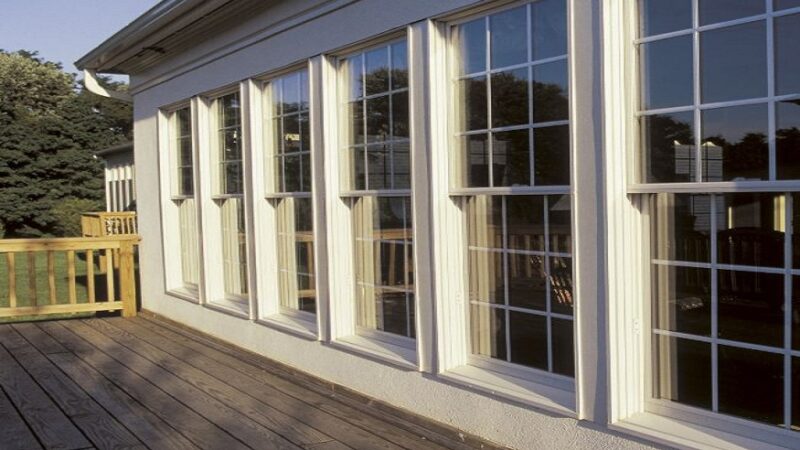Top Mistakes to Avoid During a Rain Gutter Installation

If you have decided to take on the task of a rain gutter installation yourself rather than employing the professionals, it is vital that you know what you are doing before you begin. The experts at Global Gutter Systems say that there are many mistakes that can be made if the job is doneyourself. These are mistakes that could affect how effective the gutter system is.
If you take your time and do the job properly, the rain gutter system should last for at least 20 years. But those that are installed incorrectly will have a much shorter lifespan. To get the most from your gutter installation, it is wise to be aware of the most common mistakes that people make. This way, you can avoid them.
Not Choosing the Right Gutter System for the Job
It is easy to assume that one rain gutter is the same as the next, but this is not the case. In fact, while the standard width for residential rain gutters is between 5 and 6 inches, there are factors that will determine which size you should use for your project. For example, it may be that your building will require gutters that are wider than the standard width because you live in an area where it often rains heavily.
Not Positioning the Gutter Correctly
Those who do not have experience or in-depth knowledge of gutter systems often place them in the wrong position. But there is a good reason for gutter systems to be positioned in a certain way. It is recommended that the gutter be between 2 and 3 inches below the roofline to avoid water spilling out over the back of the gutter and down the fascia. If water is allowed to spill over the wooden fascia board, it will cause damage to it over time.
Not Calculating the Correct Pitch
A good gutter system will be pitched slightly to allow the rain to run down a pipe, known as a downspout. The pitch of a gutter system should only be noticeable on close inspection. If the pitch is too steep, it will not only look odd, but it will also cause water to flow too quickly which could lead to it gushing out at the bottom and pooling where it shouldn’t. If the pitch is not steep enough the water will not flow as it should and may pool in the gutters before overflowing at the top. The correct pitch should be half an inch every ten feet.
Not Positioning the Downspout Correctly
Another quite common mistake is with the positioning of the downspout. If you do not place the downspout in the correct position, you are likely to find that the water either sits in the gutters or starts to overflow during heavy bouts of rain. The downspout should be at least 8-10 feet from your home’s foundations as you could end up with damage caused by soil erosion, insect infestation, or subsidence.
Having Too Many Seams
The seams (where pieces of the gutter overlap) are the most vulnerable parts of a gutter system. The temptation can be great to use a large number of seams when installing gutter systemsyourself. After all, shorter lengths of gutter are easier to manage and transport. But if you have too many, your system will be weaker. If you think you will find it too difficult to manage long pieces of guttering, it is best to call in the professionals to take care of the installation for you. The fewer seams your system has, the longer it should last.






